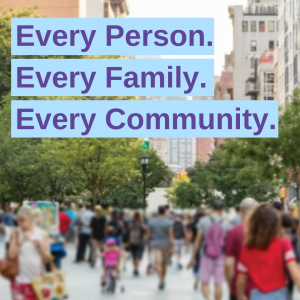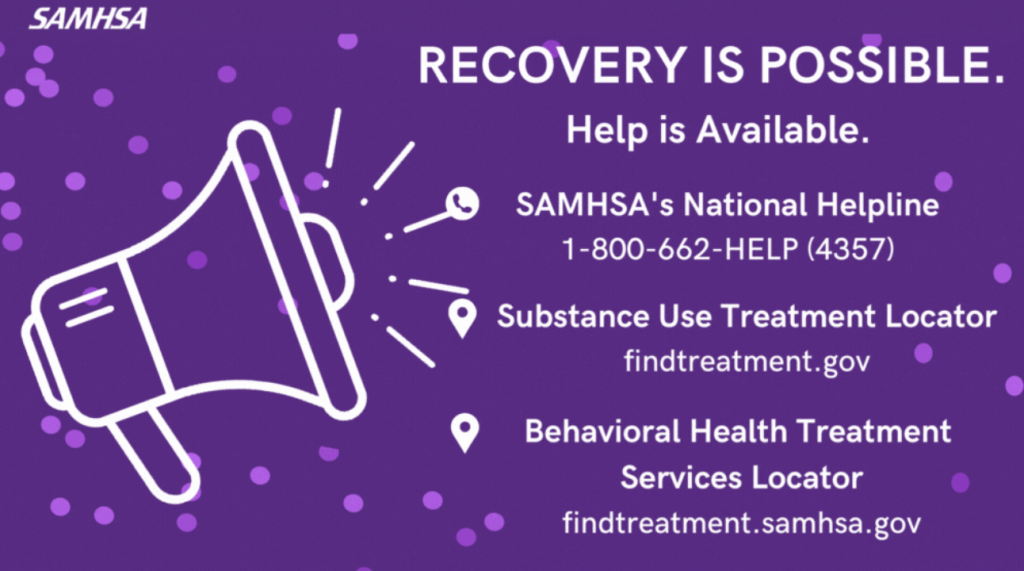September honors Recovery Month, emphasizing hope for recovery in behavioral health, especially from substance use disorders (SUD). A key motto of Recovery Month is that Recovery Happens, helping people know that even at rock bottom, things can improve.
We all need that hope at various points in our lives. Often, this hope comes from authentic stories of people’s lives being turned around. This also drives peer-led supports that are increasingly recognized as a core component of good whole person care.
However, anecdotes have limited ability to impact healthcare and public policy, including what services to offer, what benefits should be covered and how to better support those in need. Systemic data (both quantitative and qualitative) provide general validation to the powerful stories of individuals and families.

evidence-based treatment and recovery practices.
At a recent substance use disorder conference I attended, a consistent theme I heard through all presentations was the need for better, more systemic and flexible data. As a clinician myself, there’s a lot of interventions, programs and fundamental ways of engaging with people that I know improve lives. But that personal experience doesn’t really change systems.
That’s where analytics and flexible platforms come into play. We change policy by using evidence to tell the story of community need, inequities, and the holistic impact of services. If we can change policy, we can change lives.
Putting data to work in California to help with recovery
Several years ago, in my home state of California, we initiated an 1115 Demonstration Waiver called the Drug Medi-Cal Organized Delivery System, transforming how SUD services are offered and delivered in the Medicaid system. It fundamentally increased access to and expanded the types of services covered.
When millions of dollars are in play to try something new, data must be systematically analyzed to determine what is and is not effective. As the California behavioral health external quality review organization, Behavioral Health Concepts (BHC) had the task of providing some of this evaluation. And while many evaluations give results at the end of a program, BHC regularly reviews data and provides feedback to providers and the State to empower continuous quality improvement.
My colleagues and I had the honor of partnering with BHC to review, develop and deploy the required metrics for this 1115 Waiver. As much of the evaluation and quality improvement questions were new, let alone the services themselves, the evaluation plan needed to be flexible to reflect on-going learnings and project changes. This required flexibility to adjust metrics and data to tell an accurate story. This data also helped counties improve the quality and delivery of SUD care and made it easy to identify and share best practices.
As all 1115 Waivers are time-limited, this project came to an end under that funding stream. However, the services expanded. BHC continued to provide robust analytics to the counties and the Department of Health Care Services to help them evaluate SUD services and prompted DHCS to roll these services into regular Medicaid benefits.
This was a huge win for people with SUD, helping pave the road to recovery. Because of the power of data, SUD services have foundationally transformed and expanded for the people of California. And people across the nation are looking at this project and the data to consider similar transformations.
Click here for another story on how data has helped inform Medicaid policyI became a psychologist to bring hope. I moved into analytics to use data as an advocacy tool to improve our system. BHC’s use of data to validate SUD services has helped it transform Medicaid policy, bringing hope to millions who need or have loved ones who need SUD services. Indeed, recovery happens, and data can show that!


